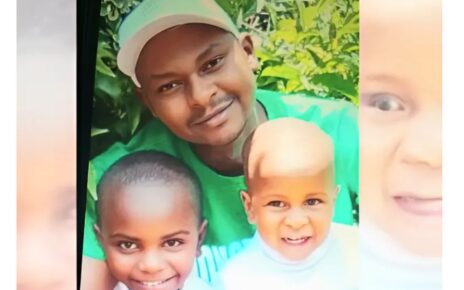It is deeply disheartening to learn about the struggles faced by a 28-year-old Kenyan man living with sickle cell anaemia, who expresses a desire to be assisted in ending his life. Sickle cell anaemia is a genetic disorder that causes severe pain, organ damage, and a myriad of health complications. Individuals with this condition often endure immense physical and emotional suffering throughout their lives. It is crucial to approach this situation with empathy and understanding, recognizing the immense challenges this man has faced.
The ethical dimensions surrounding assisted dying or euthanasia are complex, involving considerations of autonomy, compassion, and the sanctity of life. Advocates argue that individuals experiencing unbearable suffering should have the right to make choices about their own lives, including the option of assisted dying. However, society must also grapple with the potential implications of legalizing assisted dying, ensuring that robust safeguards are in place to prevent abuse and protect vulnerable individuals.
In addressing the plea of this young man, it is imperative to foster a broader conversation about improving access to comprehensive healthcare, pain management, and psychological support for individuals with chronic and debilitating conditions like sickle cell anaemia.
By enhancing the quality of life through medical advancements, holistic care, and societal support, we can strive to alleviate the suffering experienced by those with severe health conditions. This discussion should extend beyond the individual case to encompass broader systemic issues, encouraging a compassionate and ethical response that seeks to enhance the well-being of individuals facing such challenging circumstances.



